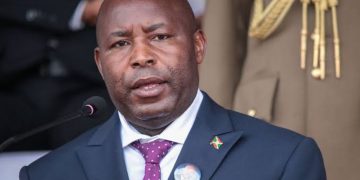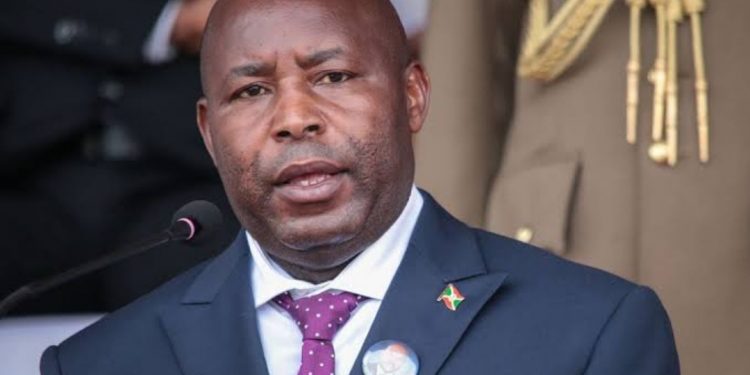By John Ikani
The US has ended sanctions imposed against Burundi six years ago, citing reforms in the country.
The sanction was imposed on Burundi since 2015 when violent protests erupted against then President Pierre Nkurunziza.
More than one thousand people died and many others were injured.
During the 2015 political crisis, Burundian security forces and top government officials were accused of gross human right violations.
On November 22, 2015, the US issued an Executive Order declaring Burundi a national emergency. This led to the freezing of properties owned by some government officials who are said to have played a role in the rights violations.
A statement by the US Department of State noted that President Joe Biden had revoked an executive order that authorised the sanctions.
“The transfer of power following elections in 2020 significantly decreased violence…Accordingly, I hereby terminate the national emergency declared in Executive Order 13712, and revoke that order,” reads the order signed by President Bidden.
The US Treasury’s Deputy Secretary, Wally Adeyemo, said in a separate statement that the US would continue to press Burundi “to improve the human rights situation in the country and hold accountable those responsible for violations and abuses”.
The lifting of sanctions comes two days after US Ambassador to Burundi, Ms Melanie H. Higgins, met Burundi’s President Evariste Ndayishimiye in Gitega.
In 2015, the European Union had also imposed sanctions on Burundi following United Nations reports of gross human rights violations, suspending direct aid to the country. At the time, more than 50 percent of Burundi’s budget was dependent on donors.
Currently, dialogue between Burundi and the European Union over lifting sanctions are at an advanced stage.



































